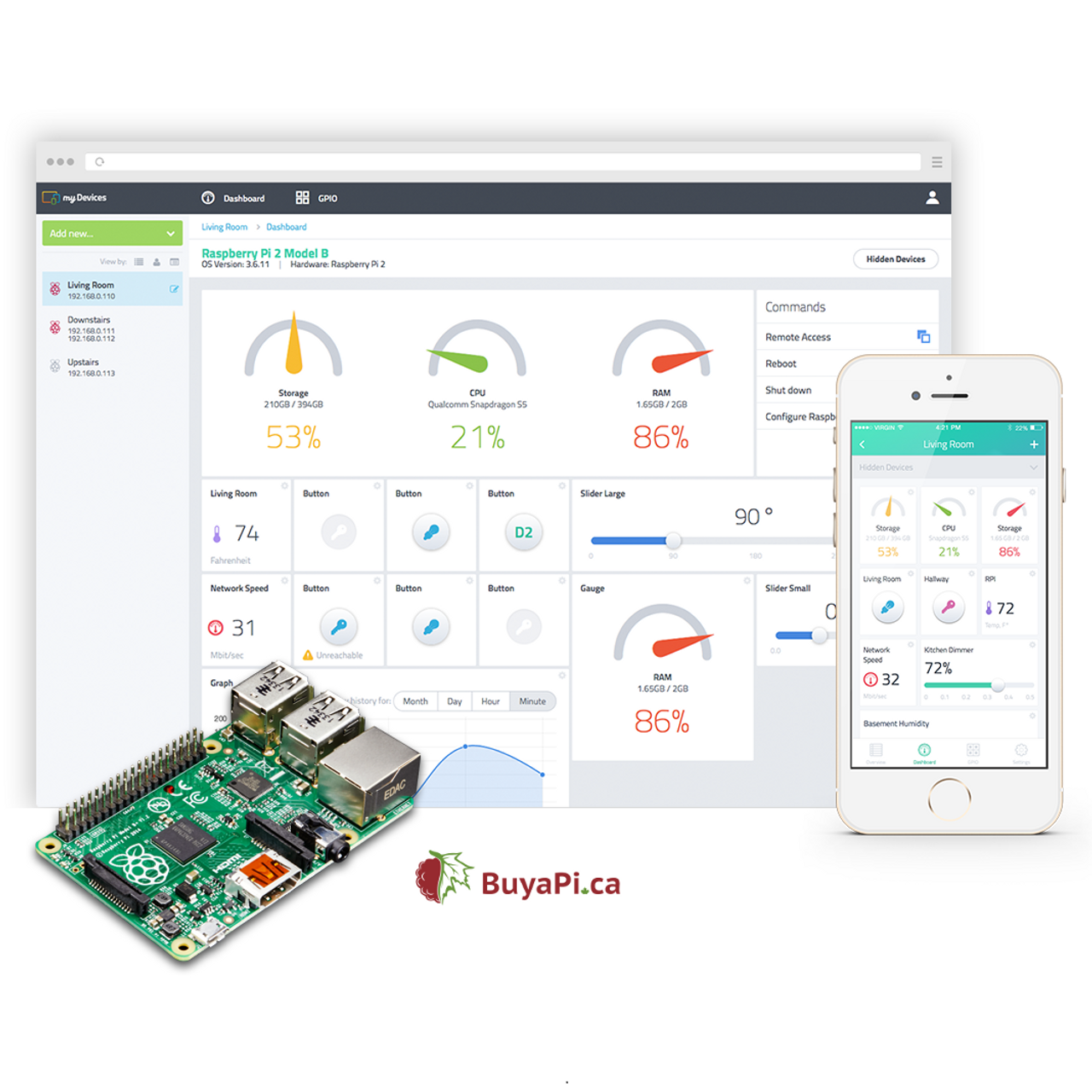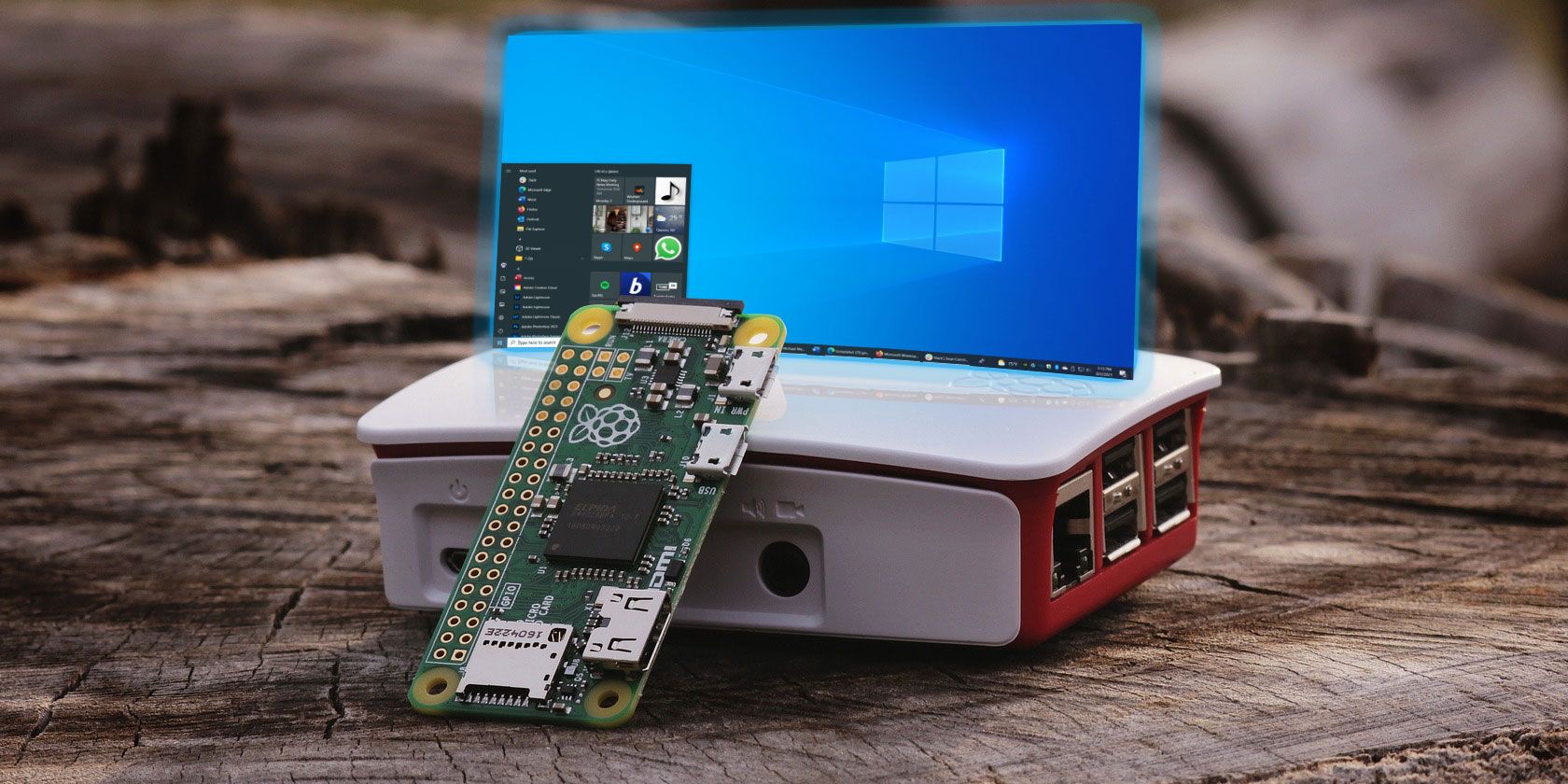Unlock Free IoT Power: Best Remote Platforms For Raspberry Pi!
Struggling to find the perfect remote control for your Raspberry Pi-powered IoT projects? The solution lies in harnessing the power of a free, yet robust, remote IoT platform equipped with SSH key integration. This approach unlocks a world of streamlined project management, enhanced security, and unparalleled accessibility, regardless of your location.
The Raspberry Pi, with its affordability and versatility, has become a cornerstone for countless IoT ventures. From home automation to industrial monitoring, these miniature computers are driving innovation across various sectors. However, the challenge arises when you need to manage and control these devices remotely. This is where a remote IoT platform steps in, acting as a central nervous system that allows you to interact with your Raspberry Pi from anywhere with an internet connection. Selecting the right platform is paramount, and for many, the ideal choice is a free option that doesn't compromise on essential features, especially security.
In the exploding world of the Internet of Things (IoT), remote access and control of devices like the Raspberry Pi have become indispensable. A secure and efficient method to achieve this is through the integration of SSH (Secure Shell) keys within a remote IoT platform. The need for robust security measures is more critical than ever, given the increasing frequency of cyber threats targeting IoT devices. Traditional password-based authentication methods are vulnerable to brute-force attacks and credential theft. SSH key authentication offers a far superior alternative, leveraging cryptographic keys to establish a secure connection between your device and the remote platform.
Essentially, SSH keys work in pairs: a private key, which is stored securely on your client machine (e.g., your laptop), and a public key, which is placed on the Raspberry Pi. When you attempt to connect to the Raspberry Pi, the platform uses the public key to verify your identity against the private key. If the keys match, access is granted without the need for a password. This eliminates the risk of password interception and significantly strengthens your device's security posture. The adoption of SSH key integration is therefore a non-negotiable aspect of any serious remote IoT deployment.
When evaluating free remote IoT platforms for Raspberry Pi, the availability of SSH key integration should be a primary consideration. While some platforms may offer a basic level of remote access, they may lack the advanced security features that are essential for protecting your data and devices. Look for platforms that provide clear instructions and tools for generating, deploying, and managing SSH keys. A user-friendly interface is also crucial, as it will simplify the process of setting up and configuring secure remote access. Furthermore, consider the platform's overall security track record and its commitment to addressing vulnerabilities.
Beyond security, a good remote IoT platform should offer a range of features that streamline your development and deployment process. Data visualization tools are essential for monitoring the performance of your Raspberry Pi and the sensors connected to it. The ability to create custom dashboards and charts allows you to gain valuable insights into your data and identify potential issues. A rule engine is another important feature, as it enables you to automate tasks and respond to events in real-time. For example, you could create a rule that triggers an alert if a sensor reading exceeds a certain threshold. Device management capabilities are also crucial for managing a fleet of Raspberry Pi devices. This includes the ability to remotely update software, configure settings, and monitor device health.
- Diva Flawless Leaks The Scandal What Happened Must See
- Tamilblasters Guide Stream Tamil Movies More Updated
Several free remote IoT platforms offer SSH key integration and a range of other useful features for Raspberry Pi users. Each platform has its own strengths and weaknesses, so it's important to carefully evaluate your needs and choose the one that best fits your requirements. Some platforms are more focused on data visualization, while others are more geared towards device management. Consider the size and complexity of your project when making your decision. If you're just starting out, a simpler platform may be sufficient. However, if you're planning to deploy a large number of devices, you'll need a platform that can handle the scale and complexity of your project.
Finding the best free remote IoT platform for your Raspberry Pi project requires careful research and evaluation. Don't be afraid to try out several different platforms before making a decision. Most platforms offer a free tier or a trial period, so you can get a feel for their features and usability. Pay close attention to the platform's documentation and support resources. A well-documented platform will make it easier to get started and troubleshoot any issues that you encounter. Also, check out the platform's community forum to see what other users are saying. This can be a valuable source of information and support. Ultimately, the best platform is the one that meets your specific needs and allows you to develop and deploy your IoT projects with confidence and security.
The selection of an appropriate remote IoT platform hinges significantly on the particular demands and attributes of your project. A pivotal element in this decision-making process is the consideration of security protocols, with SSH key integration standing out as a critical component. This integration ensures a fortified and streamlined channel for remote access. A closer examination of several noteworthy platforms, all compatible with Raspberry Pi, is warranted to discern their individual capabilities and suitability for diverse project requirements.
One platform, let's call it "Platform A," distinguishes itself with its intuitive interface and comprehensive suite of tools tailored for data visualization. It shines particularly in scenarios where real-time data analysis and monitoring are paramount. Its drag-and-drop dashboard builder empowers users to create customized displays, visualizing sensor data, system metrics, and other pertinent information. This platform's support for SSH key integration further solidifies its appeal, guaranteeing secure remote access to your Raspberry Pi. The robust rule engine within Platform A allows for the automation of tasks based on pre-defined conditions, fostering efficiency and responsiveness within your IoT ecosystem. However, while excelling in data visualization, its device management features might be less comprehensive compared to other contenders.
Conversely, "Platform B" emphasizes device management, presenting a centralized hub for overseeing and controlling a vast array of Raspberry Pi devices. It streamlines tasks such as software updates, configuration modifications, and health monitoring, proving especially advantageous for projects involving numerous deployed devices. Its remote terminal access through SSH keys guarantees secure and efficient remote command execution. While its data visualization capabilities may not match those of Platform A, it offers a potent API for seamless integration with external data analysis tools. Platform B is an ideal choice for projects prioritizing centralized device control and management.
Another platform, "Platform C," adopts a modular approach, enabling users to tailor their IoT experience by selecting specific functionalities based on their project requirements. It offers a broad spectrum of modules, spanning data storage, analytics, and device communication. This flexibility makes it well-suited for diverse projects with varying needs. The availability of SSH key integration ensures secure remote access, while its comprehensive documentation and active community support contribute to a seamless user experience. However, the modular nature of Platform C may require a steeper learning curve for users unfamiliar with IoT concepts.
Why is secure remote access so paramount? The answer lies in the inherent vulnerabilities of IoT devices. These devices are often deployed in unsecured environments, making them susceptible to unauthorized access and malicious attacks. If a hacker gains control of your Raspberry Pi, they could potentially steal sensitive data, disrupt your operations, or even use your device to launch attacks against other systems. SSH key integration is a critical defense mechanism against these threats, providing a strong layer of authentication that is difficult to bypass. By using SSH keys, you can significantly reduce the risk of your Raspberry Pi being compromised.
When you delve into the realm of free IoT platforms for Raspberry Pi, the options may seem overwhelming. However, by focusing on the key features and security considerations, you can narrow down your choices and find the platform that best aligns with your project's needs. Remember to prioritize SSH key integration, data visualization tools, rule engine capabilities, and device management features. Also, consider the platform's ease of use, documentation, and community support. By taking these factors into account, you can make an informed decision and choose a platform that will empower you to build and deploy secure and successful IoT projects with your Raspberry Pi.
You're tinkering with your Raspberry Pi, ready to dive into the world of IoT, but you're stuck wondering which remote IoT platform is best for you? You've come to the right place! This guide is designed to provide you with a clear understanding of the available options and help you make the right choice. We'll explore the core functionality of a remote IoT platform, discuss the importance of SSH key integration for secure access, and review some of the best free platforms that are compatible with Raspberry Pi. By the end of this guide, you'll have the knowledge and confidence to select the perfect platform for your project.
Now that we've covered the basics, let's dive into the best remote IoT platforms available. These platforms offer a range of features, including SSH key access, making them ideal for Raspberry Pi projects. Each platform has its own strengths and weaknesses, so it's important to carefully evaluate your needs and choose the one that best fits your requirements. Whether you're a hobbyist, a developer, or a business, there's a free remote IoT platform that can help you streamline your IoT projects and unlock the full potential of your Raspberry Pi.
- Aditi Mistry Nude Video Truth Or Rumor Exploring The Controversy
- Subhashree Sahu Mms Scandal Unveiling The Controversy 2024 Update

Best Remote IoT Platform For Raspberry Pi FREE & Secure!

Best Remote IoT Platform Free For Raspberry Pi Your Ultimate Guide

Unlock The Power Of RemoteIoT Platform SSH Raspberry Pi Free Your